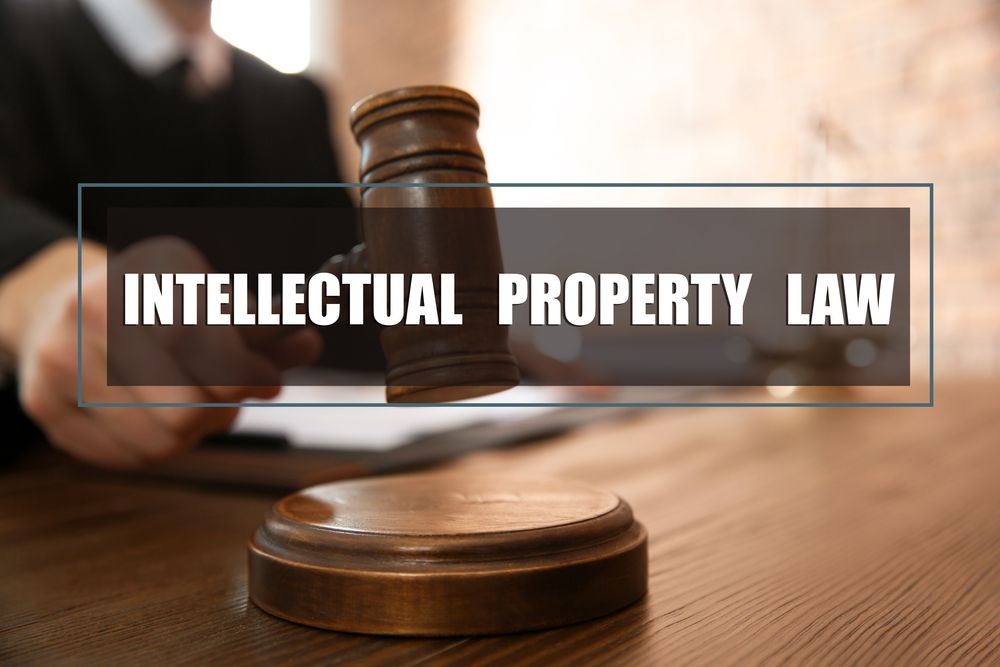Esports Contracts, Copyright, and Compliance: Key Legal Issues
The esports industry has exploded in recent years, transforming from a niche hobby into a global entertainment powerhouse. With multi-million dollar tournaments, lucrative sponsorship deals, and a massive fanbase, competitive gaming has firmly established itself in mainstream culture. However, with this rapid expansion comes a complex web of legal challenges that players, teams, and event organizers must navigate. Understanding esports contracts, copyright issues, and compliance regulations is crucial to avoiding disputes and ensuring fair play in this high-stakes industry.
Table of Contents
ToggleThe Emergence of Esports and Its Legal Challenges
Competitive gaming has experienced unprecedented growth, with professional players signing contracts comparable to those in traditional sports. Esports organizations operate on a global scale, with international tournaments drawing millions of viewers. But despite its financial success, esports remains a legally fragmented industry. Unlike traditional sports, which have well-established governing bodies, esports lacks uniform regulations, leading to uncertainty in contractual agreements, intellectual property rights, and compliance issues. The absence of clear legal structures can create disputes over player contracts, sponsorship agreements, and content ownership, making legal expertise essential for stakeholders at every level.
Understanding Player Contracts and Rights
Esports players are at the center of this booming industry, and their contracts dictate everything from salaries to sponsorships and transfer regulations. Unlike traditional athletes who are governed by collective bargaining agreements, esports players often enter contracts individually, leaving them vulnerable to unfair terms. Common issues in player agreements include unclear compensation structures, restrictive non-compete clauses, and ambiguous termination policies. In many cases, players may not fully understand their contractual obligations, leading to conflicts with teams and sponsors.
Legal assistance is critical in negotiating fair agreements that protect player rights while ensuring compliance with team obligations. Salary structures, revenue sharing from sponsorships, and the right to stream content independently are all key considerations. Additionally, issues such as team transfers, breach of contract penalties, and employment classifications must be clearly outlined to avoid disputes. ChaseLawyers provides comprehensive legal services for esports professionals, helping them secure contracts that offer fair terms and long-term career stability.
Intellectual Property and Copyright Considerations in Esports
Intellectual property rights play a significant role in the esports industry, affecting game developers, teams, and content creators alike. Game publishers retain control over the distribution and use of their games, raising legal concerns over broadcasting rights and monetization. Tournament organizers must secure licenses to use game titles for commercial purposes, and failure to do so can result in legal repercussions.
Copyright issues extend beyond game usage, impacting branding, logos, and sponsorships. Teams must navigate trademark laws to protect their brand identity while ensuring they do not infringe on the intellectual property of game developers or other organizations. Additionally, streamers and content creators face legal challenges in monetizing gameplay footage. Many platforms have strict copyright enforcement policies, leading to content takedowns and demonetization disputes. Understanding fair use laws and obtaining the necessary permissions is crucial for esports professionals looking to build a sustainable career in content creation.
ChaseLawyers specializes in intellectual property law within esports, assisting teams, players, and event organizers in securing proper licensing, protecting brand assets, and ensuring compliance with copyright regulations. Our legal team works closely with clients to establish clear agreements that prevent future disputes and safeguard their intellectual property.
Regulatory and Compliance Issues in Esports
The esports industry is subject to various regulations that impact player eligibility, tournament operations, and gambling practices. Unlike traditional sports, esports competitions are often unregulated at the federal level, leading to discrepancies in rules across different jurisdictions. One of the most significant legal concerns is the rise of esports betting and gambling. With online sportsbooks offering wagers on major tournaments, the potential for match-fixing and underage gambling has drawn scrutiny from regulators.
Compliance with age restrictions is another key challenge. Many professional tournaments have age eligibility requirements, but with younger players entering the competitive scene, teams must ensure compliance with child labor laws and contract regulations. Organizations that fail to follow these guidelines risk legal penalties and reputational damage.
Navigating these complex legal landscapes requires professional guidance. ChaseLawyers provides expert legal services to help clients comply with esports-specific regulations, including gambling laws, contract standards for minor players, and sponsorship agreements that adhere to industry guidelines.
Resolving Disputes in the Esports Industry
As esports continues to grow, disputes between players, teams, sponsors, and tournament organizers have become increasingly common. Breach of contract claims, sponsorship disagreements, and league-related conflicts often lead to legal battles that can hinder careers and business operations. One of the most frequent issues involves contract enforcement, where players seek to terminate unfair agreements or recover unpaid earnings.
Tournament disputes also present unique challenges. Issues such as rule violations, prize money distribution, and unfair competitive practices require legal intervention to reach fair resolutions. In cases where conflicts escalate, arbitration or litigation may be necessary to protect the rights of involved parties.
ChaseLawyers offers legal representation for esports professionals facing disputes, ensuring their rights are upheld in negotiations and legal proceedings. Our firm provides tailored solutions to resolve conflicts efficiently, minimizing disruptions to careers and business operations.
Conclusion
The rapid growth of esports has created a lucrative yet legally complex industry where contracts, intellectual property, and compliance regulations must be carefully managed. Players, teams, and tournament organizers need legal guidance to protect their interests and avoid costly disputes. Without clear legal structures, the risks of contract breaches, copyright violations, and regulatory infractions increase significantly.
ChaseLawyers specializes in providing expert legal services tailored to the unique challenges of esports. From contract negotiations and intellectual property protection to regulatory compliance and dispute resolution, our firm is dedicated to helping clients succeed in the competitive gaming industry.
Need legal assistance? Contact us today! Use our contact form, book a consultation, call us at 305 373-7665, or email us at info@chaselawyers.com. Let our team guide you through the process with confidence.
Disclaimer:
The information provided in this article is for general informational purposes only and does not constitute legal advice. Every scenario is unique, and legal requirements may vary.
- 21 SE First Avenue Suite 700 Miami, FL 33131
- 305-373-7665
- 305-373-7668
- info@chaselawyers.com
- 1345 Avenue of the Americas, 2nd floor, NY, NY 10105
- 212-601-2762
- info@chaselawyers.com
Get a response within 24 hours. We’ll clearly explain how we can support and protect your brand while staying within your budget.



